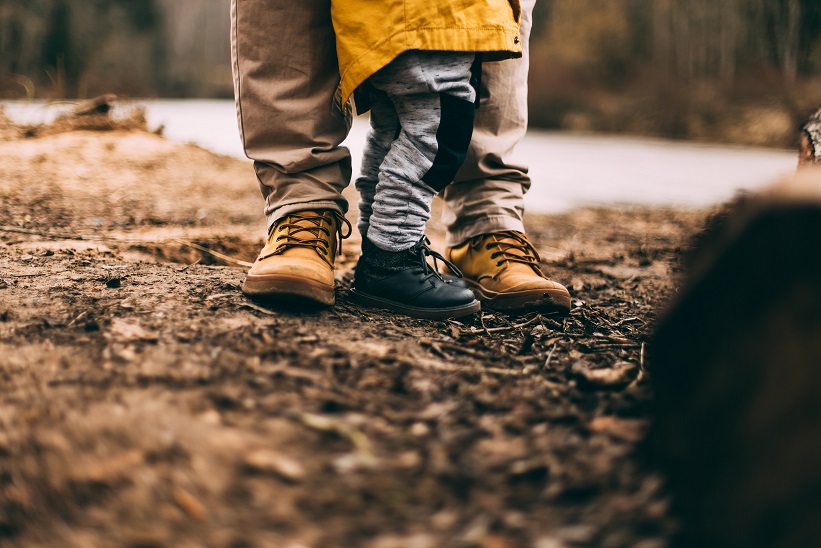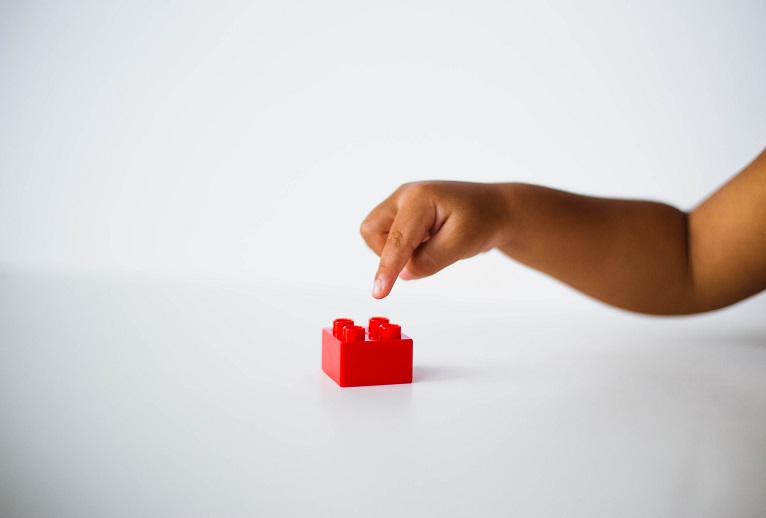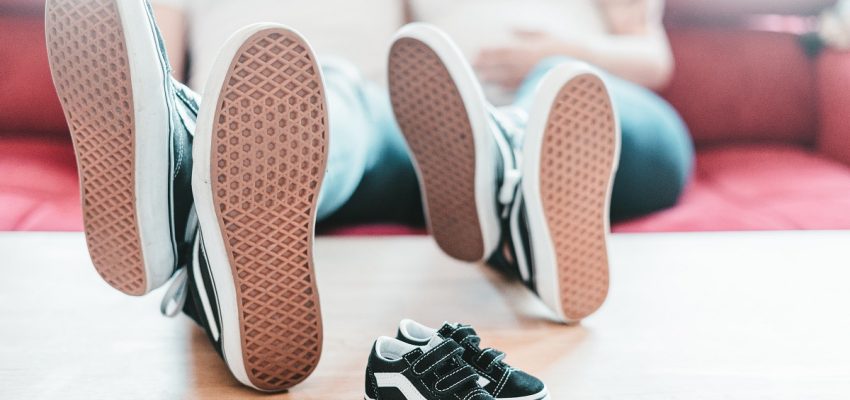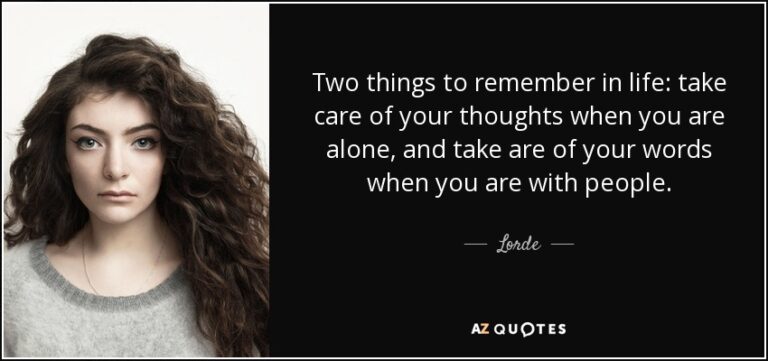I can’t believe I am writing this, but hear me out. Screwing up as a parent is an important lesson. Growing up, I saw my parents as two perfect humans who never made any mistake. The benchmark set by them was unattainable and unrealistic.
Each one of us has a different definition of parenting. For me, parenting is similar to an orchestra. As a parent, I must orchestrate (carefully and consciously) the different stages of my kid’s life with a grand scheme in mind.
Usually, people would say that journey is more important than the destination. Sometimes, the journey is all that matters. When you stand on the Himalayas, 26000 ft above sea level, looking at the grey-scale mountains stretched all around- the destination seems to make sense lesser and lesser.
However, parenting must consider destiny as an integral part of a journey. When you don’t pick a path, finding a way becomes difficult.
Why are mistakes significant?
As human beings, we make mistakes and learn from them. But, once we become a parent, we assume we cannot make any mistakes. We try and avoid making any mess. Of course, it is impractical to avoid mistakes. So, we make them anyway and hide behind ‘parents are heroes’ images.
The number one mistake of a ‘perfect’ parent is hiding their mistakes from their child. They think no mistakes mean a perfect benchmark for morality and good values. Instead, this approach backfires on the parents. It alienates the kids from the parents.

Instead of pretending to be the perfect parents, where the kids feel threatened to satisfy us- try to be the parent who makes mistakes and owns them. That would send a clear message to the kids – ‘Mistakes don’t define me’. When parents aren’t some exemplary aliens, the kids feel free to communicate.
By making mistakes, you teach the kids that perfection is a hoax. It is the way of relationships. Screwing up, learning from mistakes and growing up is the best way of interpersonal development.
What comes next?
We all know that an apology follows a mistake, though we don’t follow the process. In intimate relationships, we skip apology as an unnecessary step. Especially in a parent-child relationship, we think an apology would undermine our authority. Nothing can be farther from the truth.
Refusing to apologize for a mistake would create a bad role model for your kid. It also makes us look like a hypocrite when we demand an apology. The kids find it easier to follow by example than to learn something theoretically.
The apology also creates connection and trust when used right and appropriately. It helps to let go of hurt and embrace the most important part of any relationship-the people themselves.
How to do it right?
A proper apology always has three parts: 1. Apologizing for your mistake 2. Own up without blame or justification 3. Show the change in behaviour.
A lot of us stop with the first part of an apology. We usually blame the other person or the situation to cover our bad behaviour. It renders the apology useless and invalid. A good apology should start with ‘I am sorry’ and stop there.
Without making a behaviour change, repetitive apologies create distrust and disconnection in any relationship.

Why does it feel difficult?
When asked to apologize to their children, most parents struggle to find the right words. One way to avoid uneasiness is by apologizing frequently. When it becomes a habit, an apology won’t cause any discomfort.
Apologize when you are calm. Take a time out and cool yourself before talking about the mistakes with the kid.
Do not invalidate the kid’s feelings by justifying your actions with an excuse. Own your mistake without blaming it on someone else.
Talk about how your behaviour made the kid feel. Speaking about emotions would create a space for compassion- to let go of the pain and embrace understanding.
Last but not least…
Never expect the kids to forgive you instantly. Forgiveness must happen at one’s own pace. Seeking instant forgiveness shows that your apology was an emotional manipulation- to feel good about yourself.
Give them the space and time they need to process your apology. It would teach them to take real accountability for hurting someone and not find a quick way to find a loophole through an apology.




